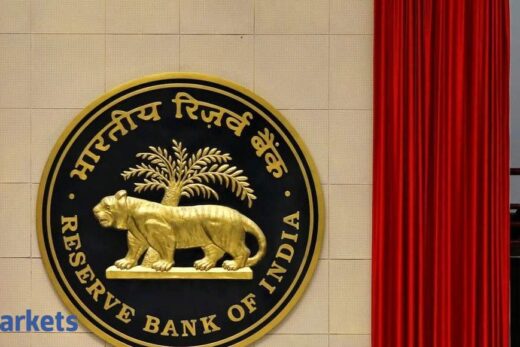It has projected NPAs of NBFCs to increase 160-180 basis points by the end of March 2022 from a year earlier. The increase for housing finance companies (HFCs) could be 60-80 basis points.
“The modified norms will lead to a spike in NPAs of NBFCs, including HFCs in the near term. Further, it will impact the earnings performance which would be visible over the next few quarters, if the forward flows into the NPA category are not contained,” ICRA said Thursday.
The Reserve Bank of India through a note on November 12 provided clarification on the income recognition, asset classification and provisioning rules for banks, NBFCs and all-India financial institutions. The key points include classification of special mention accounts (SMA) and NPAs on a day-end position basis and upgrade from the NPA to standard category only after clearance of all outstanding overdues.
In other words, lenders can upgrade NPAs to standard category only after the entire arrears are cleared.
While banks will not be impacted by this as they have been following this rule already, NBFCs normally have been upgrading NPA accounts even with partial payments of the overdues, as long as the total overdues on the reporting date were for less than 90 days, ICRA said.
Going forward, movement to the standard asset category would be impacted as borrowers from NBFCs are in general under stress and thereby may not be able to clear all dues.
The estimated increase factors in expected slippages from the restructured book, slippages from the 31-90-day category (Stage-2) and delay in the upgrade to the standard category, said AM Karthik, vice president for financial sector ratings at ICRA. “Entities would have to tighten their internal controls for timely recognition and updation of collections, especially cash collections,” he said.
The restructured books of NBFCs and HFCs are estimated to have increased to 4.1-4.4% and 1.8-2.2%, respectively, as of September 2021, from 2.2% and 1.0% in March 2021.



